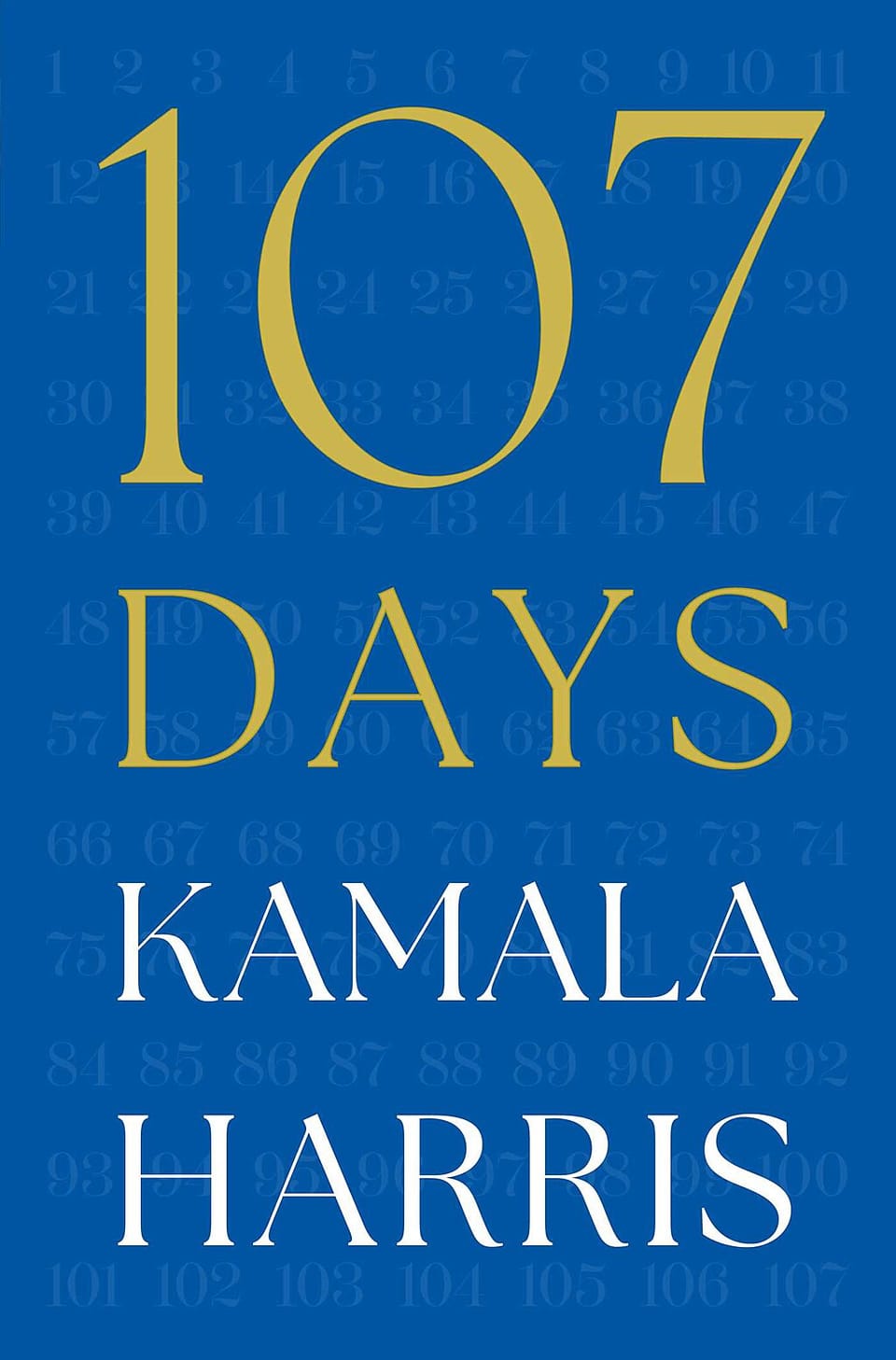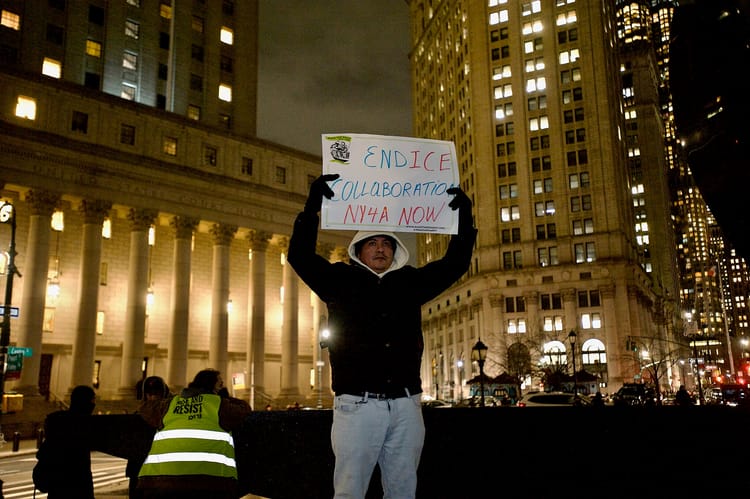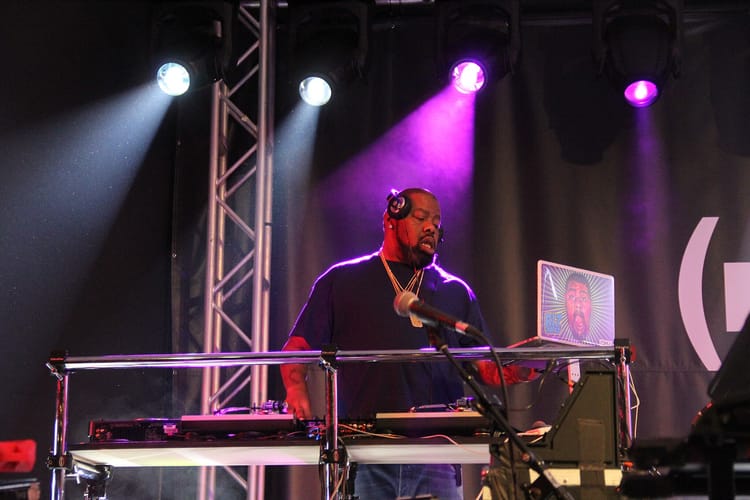Kamala Harris: 107 Days

Listening to former Vice President Kamala Harris speaking today, she has shed pieces of her mask. That’s my first impression after listening to her recent appearance (October 30, 2025) on The Diary of a CEO with Steven Bartlett.
Her responses to his questions lacked the talking point polish she seemed synonymous with during her 107-day run for President of the United States.
This direct and transparent Harris must remain.
Sadly, there’s one hard-hitting question Bartlett never asked, and I believe she would’ve answered it.
“Is America ready for a woman to be President?”
While it’s easy to pin Harris’s defeat on the limited time available to make it happen, we can’t ignore the obvious.
Go back and remember Hillary Clinton lost to eventual President Donald Trump in 2016, and time wasn’t a factor.
Too many Americans still hold tightly to their sexist and racist beliefs, including women, and once they head over to the voting machine where nobody’s watching, what they really think and believe shows up.
Never during the show is any of that discussed.
However, we hear directly from Harris on crucially important matters such as:
- Trump's 'Flood the Zone Strategy'
- The Joe Rogan Experience and Independent Media
- What does the Democratic Party need to do?
Forget Political Consultants: The Left Needs Stand-Up Comedians
It’s shocking to listen as Harris acknowledges Trump as having mastered gaslighting.
Traditional media and the journalists trained to operate by the rules, both written and unwritten, simply cannot deal with Trump.
They’re combating him with the same 1970s playbook used to reel in former President Richard Nixon, and we’re living in 2025.
Those old methods are useless. Trump’s also conquered social media.
Americans are easily manipulated through misinformation, which takes full advantage of our desire to lean further into our biases, beliefs, and perceived self-interest.
Two rhetorical questions from Harris anchored the conversation about Trump.
- What's the role of the media?
- Are people working with the same information?
In the 1990s, and even in the 2000s, when civility still existed in American politics, we could explore these questions. Perhaps we could wait for a bill to be proposed by the House and the Senate. Those times have passed.
You’d never get both parties to agree on passing anything of substance today.
Based on my own personal observations of Trump’s first and now second administrations, and of who is most capable of delivering honest critiques that stick, there’s a role for comedians.
I know that sounds crazy. Hear me out. They’re best suited to cut through gaslighting and misinformation.
Instead of the Democratic Party hiring gangs of Ivy League-trained political consultants who are paid millions, they need to seek out some of the best left-leaning comedic minds.
I’m willing to bet they’d come up with a better, harder-hitting media strategy to combat Trump than the consultants who have been wholly ineffective up to now.

What Harris’s PR Team Missed About Showing Up
“Did podcasting change the course of the recent election?” Steven Bartlett
Bartlett introduces one of the widely perceived mistakes made by Harris and her campaign team with his question. The decision to turn down appearing on The Joe Rogan Experience.
Trump’s appearance on Rogan’s show, roughly two weeks before the election, has been credited with accelerating his momentum, especially among one of his prime target audiences.
Harris then and now cited two main reasons for turning down the opportunity.
- Her team believed (correctly) that Rogan was planning to support Trump and that the interview wouldn’t be fair.
- The trip to Rogan’s studio in Austin, Texas, would force her to come off the road when she needed to be continuously hitting battleground states.
While she openly regrets not doing the interview. She stands by her team's perspective on her final decision.
“PR people can fuck things up!” Steven Bartlett
Those are his words to express his strong disagreement with that decision. Harris takes in his feedback. But it’s hard to tell whether she actually agrees.
From my perspective as a long-time marketer, you’re always looking for opportunities to reach your target audience. Rogan’s audience isn’t part of the Harris camp, and on the surface, there wasn’t much upside for her.
However, I would’ve advised accepting the interview on Rogan’s terms for one reason: Trump made the time. A former President running again made the time to go to Rogan’s studio.
You need to understand the message you're sending to a public that's skeptical of you by not showing up for what will be perceived as shallow reasons.
Secondly, if Rogan decides to attack you unfairly, it will backfire and work to your advantage. Especially with women voters, who are more likely to view attacks as intentionally aimed at her.
Her PR team got it wrong.
The Two Groups Politicians Actually Care About
Harris sparkled when she gave us an honest look at her relationship with former President Joe Biden, both then and now.
It’s complicated. Her experience reflects something we all know and recognize in our own work lives. You’re always going to sink or swim on your own merits.
She expected Biden to go further with debunking some of the unfair media attacks against her. Biden and his team stood down.
Harris, now operating outside the political game, tells us straight that politicians only care about two fundamental groups:
- Those voting blocs that vote the most.
- Those who write the most and biggest checks.
Many of the most eloquent voices on social media never vote and never contribute to a campaign. Should they be ignored?
Of course not. Again, the political equation has changed.
There’s no denying influencers of every kind are shifting elections. They’re doing it by stoking every negative emotion they can in various voting blocs, typically those who haven’t shown up in prior voting.
The Party’s Failure to Link Policy to Affordability
“We needed to address the issues attacking American families first,” Harris said.
Instead, the Biden Administration succeeded with the Infrastructure and Chips Act bills, which also should've been passed, but linking the benefits of both to families struggling to pay for education, food, healthcare, and housing is a tough sell.
Hindsight made that clear to her.
Separately, it’s not clear whether the Democratic Party sees the need to go beyond just focusing on healthcare costs.
Even today, in the midst of a government shutdown, they’ve bet it all on having the subsidies for the Affordable Care Act (ACA) returned.
Besides Zohran Mamdani, New York City’s Mayor-elect, you still don’t hear many Democrats openly discussing the full spectrum of affordability issues.
Even longstanding figures within the Democratic Party have continued to refer to Mamdani as a Democratic Socialist. Meaning they don’t see the need for a multifaceted approach to address the numerous economic struggles faced by low-income and middle-class Americans more broadly.
Bartlett asked the expected question about her future. He couched it well by asking, “What’s the case for running again?”
Harris kept her response brief.
“Only if I can truly make a difference.” Kamala Harris
A link to the full podcast with Steven Bartlett:






Member discussion